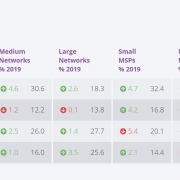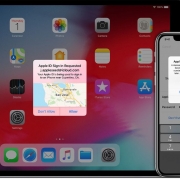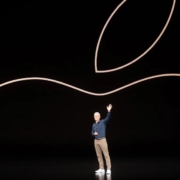Serverless Cloud Computing
Serverless: The future of cloud computing?
While the cloud lends companies more agility, New York Times CTO Nick Rockwell says event-triggered computing cuts cost and enables more efficient application development. Welcome to the serverless era.
The potential of serverless
Hence Rockwell’s brewing interest in serverless, which renders moot the problem of idle instances. Instead, when a pre-defined event occurs, code written specifically to execute a function is triggered, and the serverless platform performs the task. Customers don’t need to tell the cloud vendor how many times these functions will be triggered, and they pay a fraction of a penny every time a function is executed.
Due to the waste in idle cloud instances, Rockwell says serverless can potentially yield 5x to 10x in efficiency gains. “Given a healthy competitive dynamic, a lot of those savings will come back to users,” says Rockwell.
Whether serverless becomes the Next Big Thing in computing remains to be seen. Gartner says that more than 90 percent of serverless deployments will occur outside IT departments’ infrastructure and operations groups. And vendors are seeking to capitalize on the interest of brands such as the Times and General Electric, whose CTO Chris Drumgoole has also expressed his enthusiasm for the serverless model.
AWS launched AWS Lamba as its first commercial serverless platform in 2014. Comparable offerings from Microsoft and Google should bolster competition, creating more choice for customers. Rockwell is currently running the Times crossword puzzle and other apps using serverless in Google’s App Engine, though he plans to run more apps in this fashion over time.
Rockwell isn’t committing to any one serverless platform, but he favors Google’s engineering prowess, combined with its container management capabilities and platform-as-a-service (PaaS) products.
Most cloud platforms make software agnostic, enabling developers to make decisions on how to design and solve problems correctly. But Google’s approach is “opinionated,” essentially picking architecture design options, such as programming languages, and sticking with them. Moreover, it’s trying to build an ecosystem of opinionated products designed to work together, Rockwell says. While more choice has, as a rule, been a developer’s preference, fewer choices actually helps minimize the cost associated with planning, designing and building an architecture from scratch.
“Google has the best serverless story right now,” Rockwell says. “We’ve been a little bit on the bleeding edge with Google but so far it’s worked out well.”
Related cloud computing articles:











